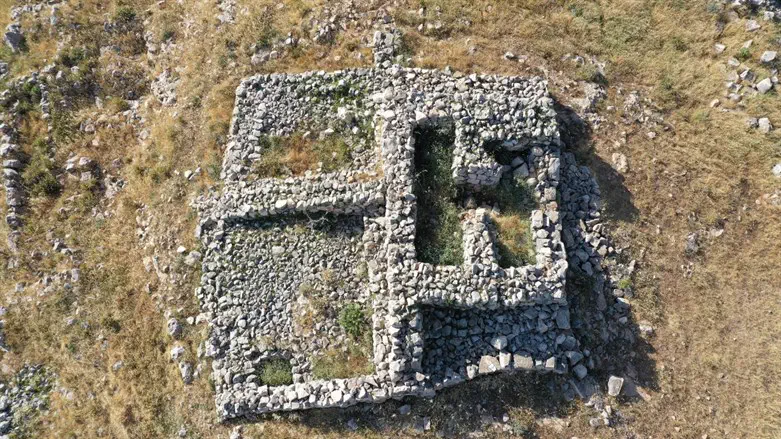
Dedicated in memory of Yaakov ben Avraham and Sarah Aharonov z"l
k
Tehillah Feldman is a Shlicha in Kansas City
This week’s parsha, Vayikra, introduces two types of sin offerings: the chatat and the asham. Both are brought when someone sins, but they reflect different kinds of mistakes and ways to seek atonement.
The chatat is for when someone messes up unintentionally—like straying from the right path. Ramban explains that the Hebrew word for an arrow missing its target is la-chatoh, which connects to the idea of someone “missing the mark” in their behavior. A chatat is a way to acknowledge the mistake and make things right.
The asham, on the other hand, is for a more serious kind of sin—one that, without atonement, could lead to complete destruction. Ramban points to the story of Yosef’s brothers, who admit their guilt (ashma) after selling him. Their sin is so severe that, in theory, it’s beyond fixing. The asham offering is required for offenses that are on a whole different level from the chatat.
But here’s where things get interesting: the Torah also requires an asham talui when someone isn’t sure if they’ve sinned. That seems counterintuitive, how could an uncertain sin be treated more seriously than a definite one? Ramban offers a deep psychological insight: when we’re unsure if we’ve done something wrong, we tend to rationalize our actions and avoid responsibility. We downplay mistakes, making it easier to keep doing them. By requiring an asham talui, the Torah forces people to confront their actions seriously, even when they’re unsure.
Another key difference is that the asham applies only to individuals. A whole community can bring a chatat if they unknowingly break a commandment together, but there’s no asham for a group. Rav Soloveitchik explains that while an individual could, in theory, be completely destroyed by sin, the Jewish people as a whole will never be wiped out. Hashem’s covenant guarantees their survival no matter what.
This idea is reinforced in this week’s haftorah from Yeshayahu, where Hashem reassures the Jewish people:"I have wiped away your transgressions like a cloud, and your sins like a mist. Return to Me, for I have redeemed you."
We pray that as we enter the month of Nissan, that we may merit the promises of Hashem of redemption.
For comments: redhed93@gmail.com
